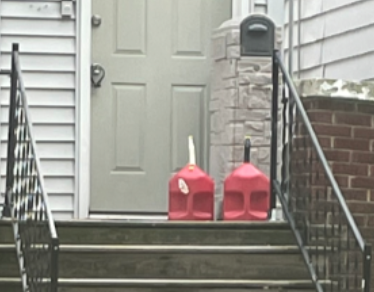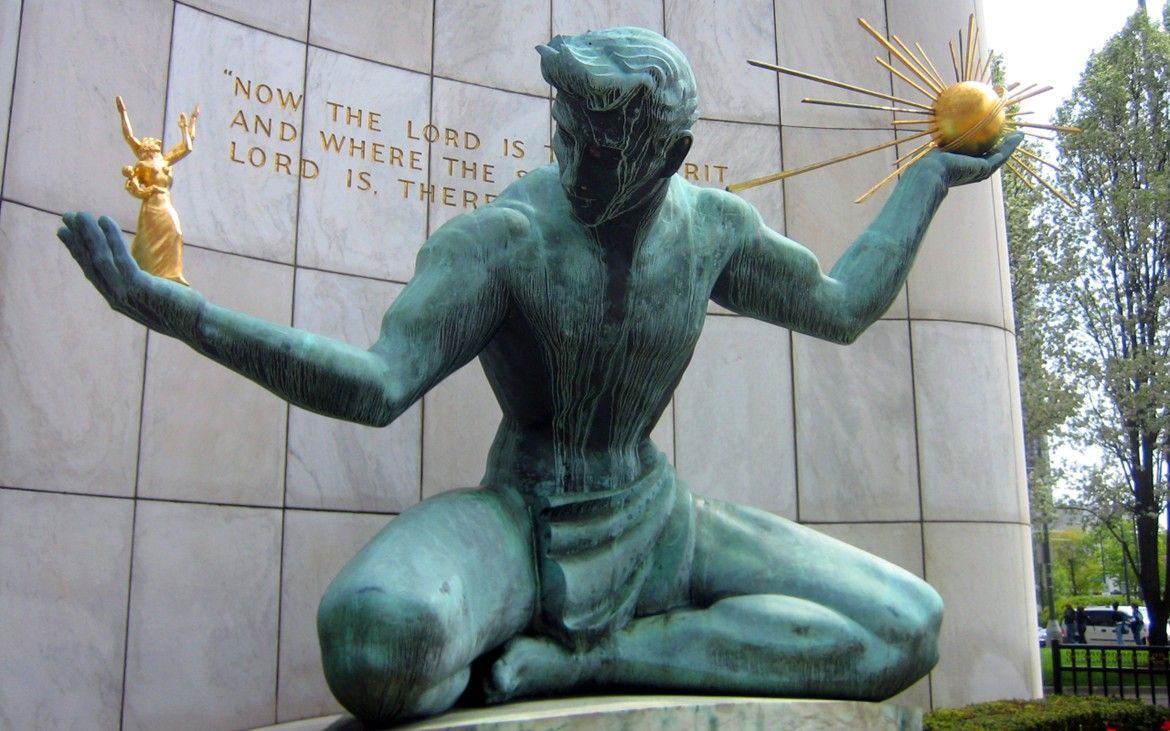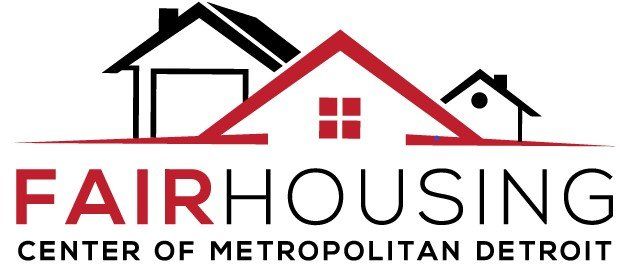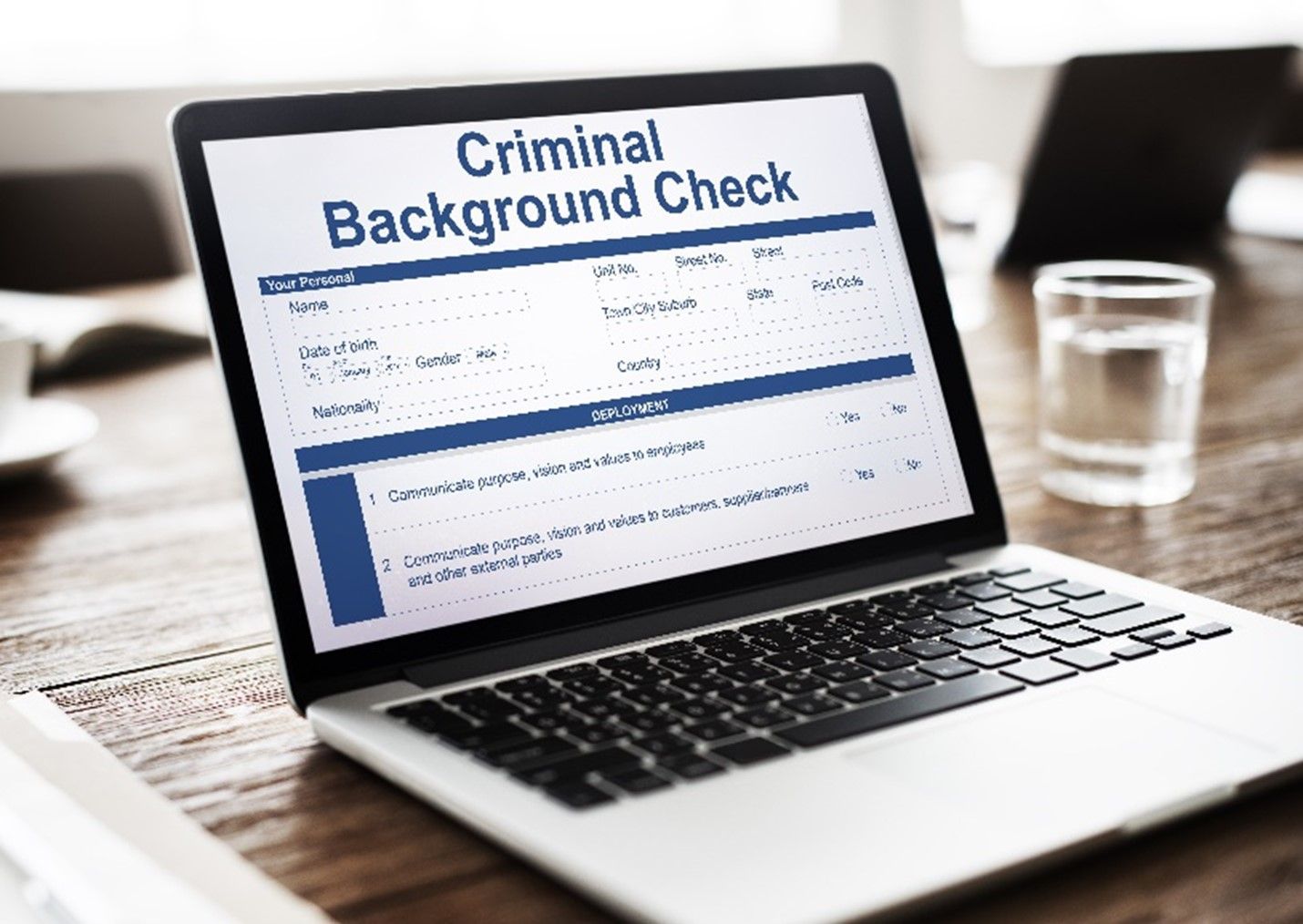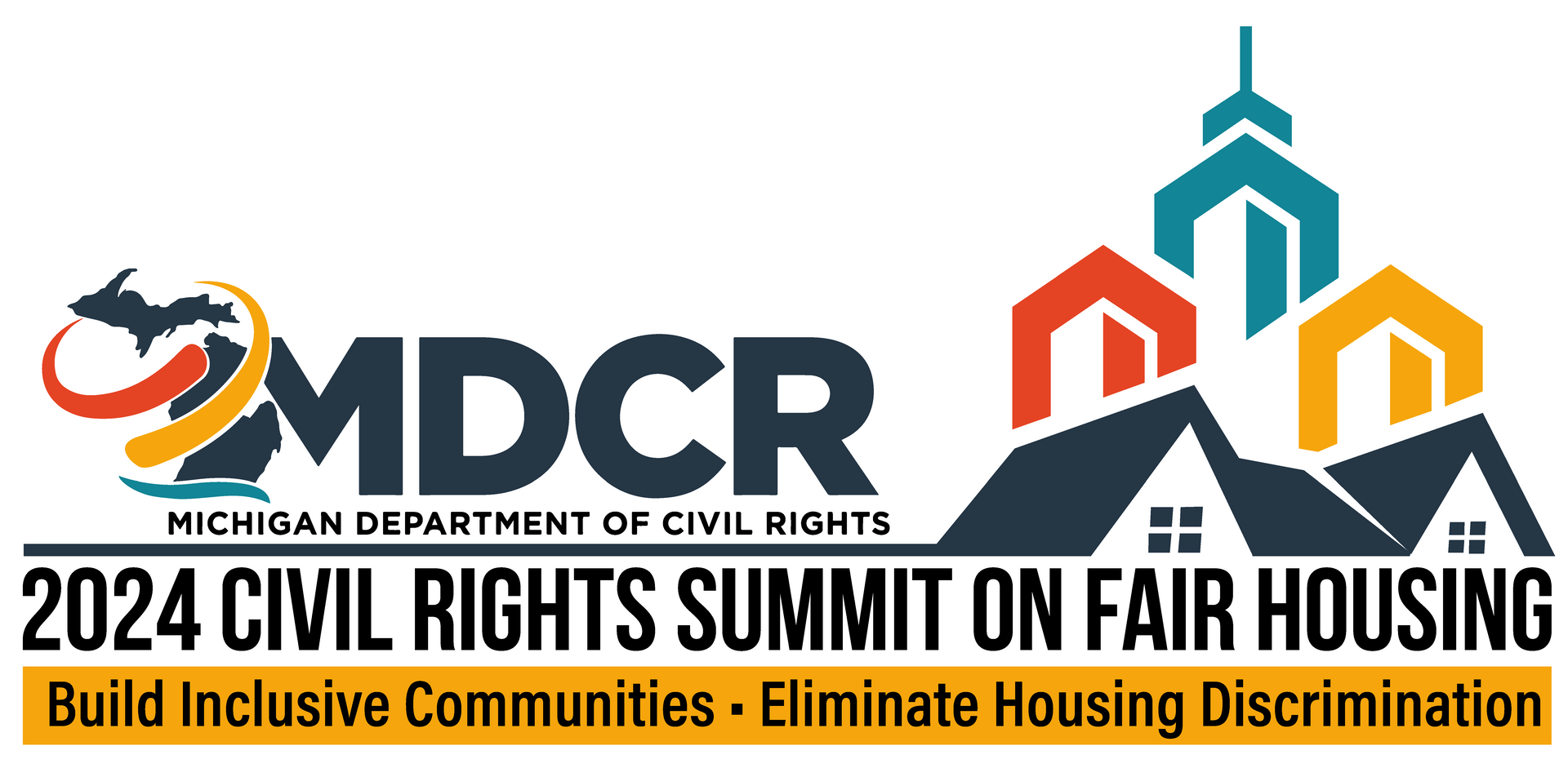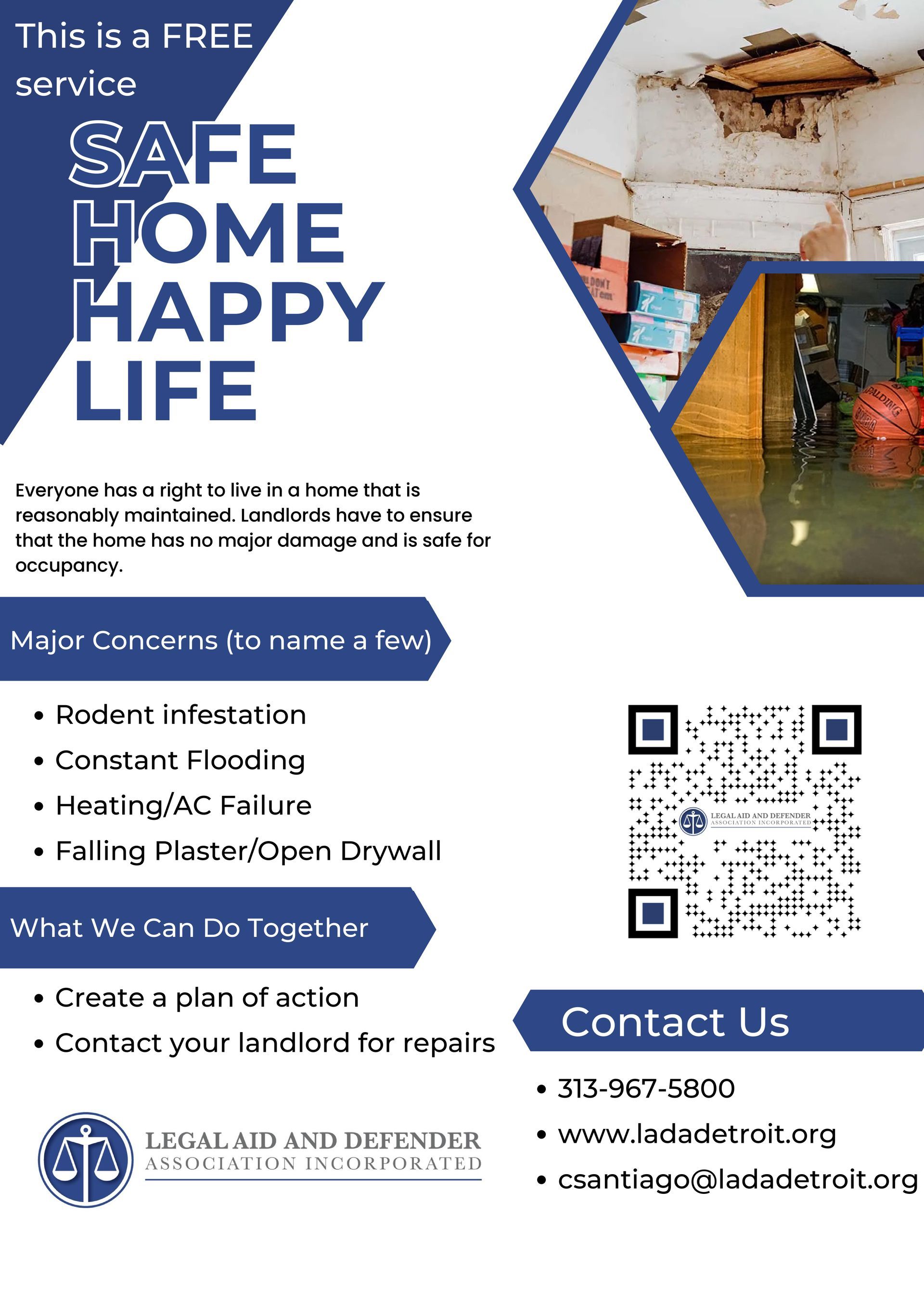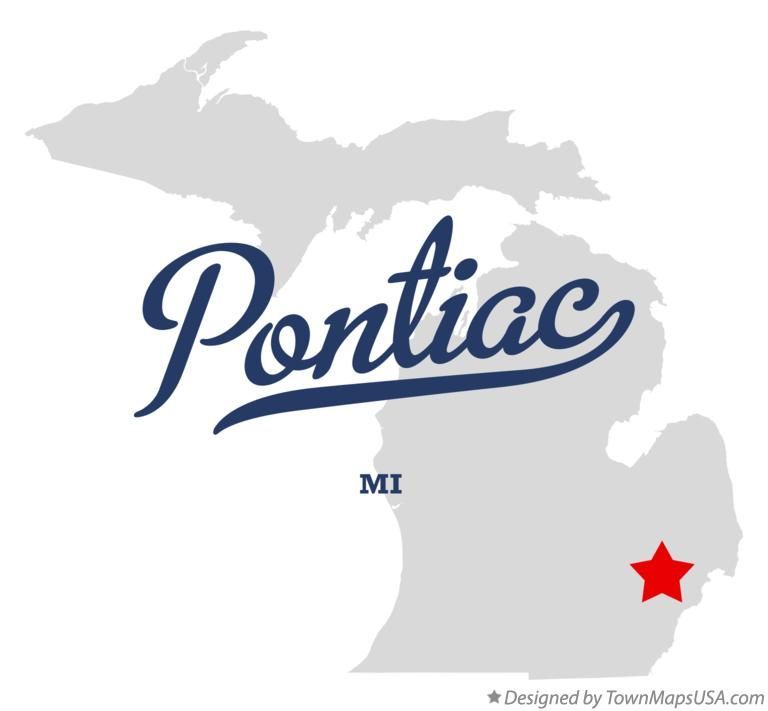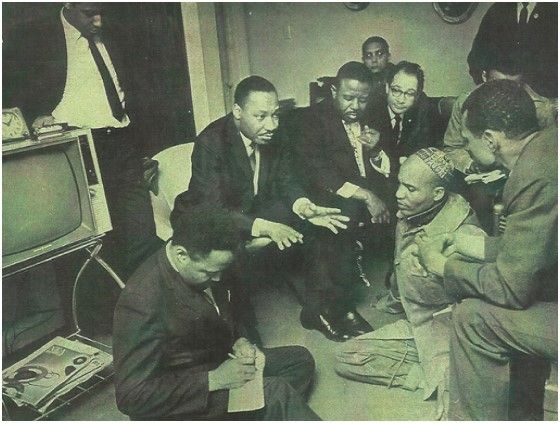Congress Authorizes Fair Housing Enforcement Organizations as a Critical Component of the Fair Housing Enforcement System
Congress’ Fair Housing Initiatives Program (FHIP) - 42 U.S.C. § 3616a
Congress in the established 4 main mechanisms for fair housing enforcement:
- HUD (42 U.S.C. § 3610) (and the U.S. Attorney General through the DOJ in “election cases” after HUD issues a charge of discrimination (id. § 3612(a));
- U.S. Attorney General through the DOJ in “pattern and practice” cases (42 U.S.C. § 3614);
- State and local governmental agencies (commonly referred to as “FHAP agencies”) whose fair housing laws and enforcement procedures and remedies HUD finds to be “substantially equivalent” to the FHA (42 U.S.C. § 3610(f); 24 C.F.R., Part 115, Certification and Funding of State and Local Fair Housing Enforcement Agencies); and
- Private non-profit fair housing enforcement organizations (Section 905 of the Housing and Community Development Act of 1992, Pub. L. 106-550, 106 Stat. 3868-3872 (Oct. 28, 1992), codified at 42 U.S.C. § 3616a; see also 24 C.F.R., Part 125—Fair Housing Initiatives Program).
Fair housing enforcement also occurs through “private persons” (42 U.S.C. § 3602(d)(broadly defining “person”), who may file directly in state or federal court (42 U.S.C. § 3613). Private persons may also file an administrative complaint with HUD (42 U.S.C. § 3610) or a “substantially equivalent” FHAP agency (42 U.S.C. § 3610(f)).
This post summarizes (4) above, outlining how Congress established private non-profit fair housing enforcement organizations as a critical component of the fair housing enforcement system.
Fair Housing Initiatives Program (FHIP)
In brief, Congress, in Section 561 of the Housing and Community Development Act of 1987, Pub. L. 100-242, 101 Stat. 1942-1944 (Feb. 5, 1988), established the Fair Housing Initiatives Program (“FHIP program”) as a temporary program.
In 1992, Congress made FHIP program permanent. Section 905 of the Housing and Community Development Act of 1992, Pub. L. 106-550, 106 Stat. 3868-3872 (Oct. 28, 1992). After noting “the proven efficacy of private nonprofit fair housing enforcement organizations and community-based efforts makes support for these organizations a necessary component of the fair housing enforcement system”, and Congress found that the FHIP program needed to be “revised and expanded” (Section 905(a)(7) & (9), 106 Stat. 3869).
Structure of the FHIP Program
The FHIP program defines "qualified fair housing enforcement organization" or “QFHEO” as any organization that “is organized as a private, tax-exempt, nonprofit, charitable organization” and “has at least 2 years experience in complaint intake, complaint investigation, testing for fair housing violations and enforcement of meritorious claims. ” (42 U.S.C. § 3616a(h)(1)). A "fair housing enforcement organization" or "FHEO" is similarly defined, except that such an organization has at least 1 year of experience. (42 U.S.C. § 3616a(h)(2)).
Currently, there are three separate components of the FHIP program involving QFHEO and FHEO organizations: (1) the Private Enforcement Initiative (“PEI”), which provides funds for private fair housing enforcement organizations to investigate violations of the federal FHA and substantially similar state and local laws and to commence enforcement actions to remedy violations (42 U.S.C. § 3616a(b)); (2) the Education and Outreach Initiative (“EOI”), which funds private nonprofit organizations and others for national, regional, local, and community-based education and outreach programs to increase fair housing awareness (42 U.S.C. § 3616a(d)); and (3) the Fair Housing Organizations Initiative (“FHOI”), which provides funding for qualified QFHOs to build their capacity to provide fair housing enforcement (42 U.S.C. § 3616a(c)).
The discussion below addresses the PEI enforcement mechanism of the FHIP program.
Congress’ FHIP Program Enforcement Framework
FHIP is codified at 42 U.S.C. § 3616a. Under the FHIP program, HUD enters into “contracts with private fair housing enforcement organizations” to “carry out testing and other investigative activities”, “discover and remedy discrimination in the . . . private real estate markets”, and fund “the costs and expenses of litigation” (42 U.S.C. § 3616a(b)(1) & (2)(a)-(e)). Congress’ FHIP statute and HUD implementing regulations require QFHEO and FHEO organizations to initiate enforcement actions, including litigation, based on its testing (42 U.S.C. § 3616a(b)(2)(a)-(e)(“such enforcement activities as appropriate”)); 24 C.F.R. §§ 125.103 & 125.401).
Program guidelines and standards for FHIP grant testing and enforcement are set forth in HUD’s FHIP Application and Award Policies and Procedures Guide (Sept. 2017)(AAPP). The AAPP, consistent with 42 U.S.C. § 3616a, requires grant recipients to seek reimbursement in litigation, including demand for “damages” and “appropriate remedies”; reimbursements for “diversion of resources” and “legal expenses”; and “reimbursement of revolving funds where funds have supported successful litigation”) (AAPP, at 195-196).
These provisions, of course, only apply to enforcement proceedings in which the QFHEO and FHEO organizations are plaintiffs (court proceedings) or complainants (administrative proceedings). Individuals the QHFEO and FHEO organizations assist through complaint intake, investigation, testing, and in enforcement proceedings in court or administrative proceedings are not required to reimburse the QFHEO, FHEO, or HUD for program expenditures.
The results of their testing and enforcement activities by the QFHEO and FHEO organizations are reported to HUD (24 C.F.R. § 125.104(e)). HUD, in turn, reports such data to Congress (42 U.S.C. § 3608(e)(6)).
According to OMB regulations and HUD grant requirements, proceeds from settlements, conciliations, and other sources are “program income” that must be reported to and administered by HUD as an agency of the Federal Government (2 C.F.R. § 200.307; AAPP, at 86 & 114-115). Failure to report program income can subject FHIP grant recipients to a wide range of sanctions, including withholding of grant funds, grant termination, and debarment (2 C.F.R. §§ 200.339 & 200.344(i)). The program income amounts, as recovered through QFHEO and FHEO enforcement efforts, can be offset against Congress’ FHIP funding (2 C.F.R. §§ 200.304, 200.307 & 200.407(c)).*
Successful fair housing enforcement helps redress the direct financial injury not only to the QFHEO and FHEO organizations but also to help reimburse HUD and the Federal Government for program expenditures (grant funds) used in enforcement proceedings.
The Federal Government and courts have repeatedly recognized the important fair housing enforcement role Congress by statute delegated to QFHEO and FHEO organizations. Amicus Brief of the U.S., Acheson Hotels, LLC v. Laufer, at 16, No. 22-429 (U.S. June 12, 2023)(“Congress has thus specifically embraced tester suits by providing funding to nonprofit organizations to ‘carry out testing and other investigative activities’ and to bring ‘litigation’ to remedy the violations those activities uncover’. 42 U.S.C. 3616a(b)(2)(A) and (E).”); Amicus Brief of the U.S., Fair Housing of Marin v. Combs, at 6, No. 00-15925 (9th Cir. Mar. 30, 2001)(“Congress has thus specifically embraced tester suits by providing funding to nonprofit organizations to ‘carry out testing and other investigative activities’ and to bring ‘litigation’ to remedy the violations those activities uncover’. 42 U.S.C. 3616a(b)(2)(A) and (E).”); see also Indiana Protection & Advocacy Servs. Comm’n v. Commissioner, Indiana Dept. of Correction, 642 F. Supp. 2d 872, 876-877 (S.D. Ind. 2009)(“In many fields, Congress has empowered other third parties, including state and federal agencies, to protect the rights of individuals disadvantaged for other reasons. See, e.g., 42 U.S.C. § 3616a(a)(1) (authorizing fair housing organizations to ‘obtain enforcement of the rights granted by title VIII [of the Fair Housing Act] . . . through such appropriate judicial or administrative proceedings . . . as are available’)”); Fair Hous. Advocates Assn., Inc. v. Chance, 2008 Ohio 2603, Slip Op. at 6 (Ohio App. June 2, 2008)(after denying standing under the Ohio fair housing law, the court noted that the FHA, in contrast, “expressly provides for private enforcement by 'private fair housing enforcement organizations.’”)(quoting 42 U.S.C. 3616a(c)(2)); Disability Rights N.Y. v. State, No. 17-6965, Slip Op. at 17 (E.D. N.Y. Dec 28, 2023)(“[Plaintiff] offers examples of legislation in which Congress has created a right of action and granted standing to specific parties: . . . the Fair Housing Act, which authorizes public or private nonprofit organizations or institutions to enforce the right granted by Act though appropriate judicial or administrative proceedings, 42 U.S.C. § 3616a(a)(1)”).
Common Questions Concerning the FHIP Enforcement Framework
The following are brief answers to common questions concerning the FHIP program and enforcement actions.
Why did you test us? The Center, and other QFHEO and FHEO organizations, are doing that which Congress and HUD require them do to. Congress in the PEI component of the FHIP requires HUD to enter into “contracts with private nonprofit fair housing enforcement organizations [for] a wide range investigative and enforcement activities designed to-- . . . “discover and remedy discrimination in the public and private real estate markets and real estate-related transactions” (42 U.S.C. § 3616a(b)(2)(B)). This includes “testing” for fair housing violations (42 U.S.C. § 3616a(b)(2)(A)).
Testing is used to investigate a fair housing complaint (complaint-based testing) or to assess fair housing compliance in the public and private real estate markets (systemic testing). Testing is not always effective. For example, testing may not be effective as to certain type of complaints, such as an allegation of a discriminatory eviction. In other situations, testing is critically important in situations where the home seekers and residents are unaware of fair housing requirements and not likely to file complaints, such as compliance with the FHA’s design and construction requirements and other disability rights protections. At other times, research may show that fair housing violations have been found in other areas of the U.S. and testing is needed to determine fair housing compliance on such issues in the QFHEO or FHEO's service area.
No specific entity is targeted by the Center. If testing is limited to a specific entity, it is only because an individual first made a fair housing complaint regarding the entity, and testing is determined to be necessary to investigate that compliant. All systemic testing, on the other hand, examines a cross section of institutions or housing providers in that industry regarding the fair housing issue being examined.
Is testing entrapment? No. Testing is not entrapment. All that a tester does is offer “a favorable opportunity” for a violation to occur. Newbern v. Lake Lorelei, Inc., 308 F. Supp. 407, 415 (S.D. Ohio 1968); see also New York v. Adomo, 1987 U.S. Dist. LEXIS 9868 (S.D.N.Y. Oct. 28, 1987)(granting summary judgment precluding defendants’ affirmative defenses of entrapment and granting motion in limine barring defendants from referring in any way at trial to the defense of entrapment); Zuch v. Hussey, 394 F. Supp. 1028 (E.D. Mich. 1975)(rejecting entrapment defense).
Further, it is reversable error to discredit the testimony of a tester because the tester, posing as a prospective tenant, may have given false information to a housing provider. Richardson v. Howard, 712 F.2d 319, 321-311 (7th Cir. 1992)(“It is surely regrettable that testers must mislead commercial landlords and homeowners as to their real intentions to rent or buy housing. Nonetheless, we have long recognized that this requirement of deception was a relatively small price to pay to defeat racial discrimination.”).
The reality is that testing is just as likely, if not more likely, to dispel rather than support the allegations in a discrimination complaint. The same is true as to systemic testing. Systemic testing often demonstrates—and should demonstrate—fair housing compliance by housing providers. Property owners, management companies, landlords, and others who comply with fair housing requirements should have no concerns about testing.
Why can a fair housing organization bring an enforcement action if it did not incur a financial injury, i.e., it only used grant funds? Receipt of grant funds has never been held as a reason to halt an QFHO's enforcement action. Fair Hous. Council, Inc. v. Village of Olde St. Andrews, 210 F. App’x 469, 477 (6th Cir. 2006); Conn. Fair Hous. Ctr. v. Corelogic Rental Prop. Solutions, LLC, 478 F. Supp. 3d 259, 317 (D. Conn. 2020). Congress expressly intended that QFHEO and FHEO organizations use grant funds to engage in fair housing enforcement and, following successful enforcement, to treat all net funds recovered as program income, i.e., reimbursement to HUD and the Federal Government for grant expenditures.
Does the Center serve only tenants and residents? The Center’s mission is to ensure equal access to housing without discrimination based on race, color, national origin, religion, sex (including sexual orientation and gender identity), familial status, disability, and all other protected class categories under federal, state, and local anti-discrimination laws and ordinances. The Center strives to fulfill its mission by providing assistance to individuals pursuing legal rights and remedies related to fair housing; offering housing assistance and counseling; providing community outreach, education, and fair housing training; and performing research in the area of housing.
This mission is not limited to tenants, residents, or home seekers. Instead, the Center serves its entire service area and beyond, including property owners, management companies, landlords, real estate agents and brokers, municipalities, lenders and all others needing guidance on fair housing compliance and best practices. The Center’s Board likewise reflects a broad cross-section of our community including members from the real estate community. Accordingly, many property owners, management companies, landlords, and others with questions about fair housing requirements often contact the Center and request fair housing training.
__________________
*The "program income" requirements, as mandated by regulation and contract in the FHIP program, are not exclusive to the FHIP program. Other governmental programs have similar program income requirements. For example, a sub-CDBG contract will incorporate OMB and HUD regulations governing program income.
